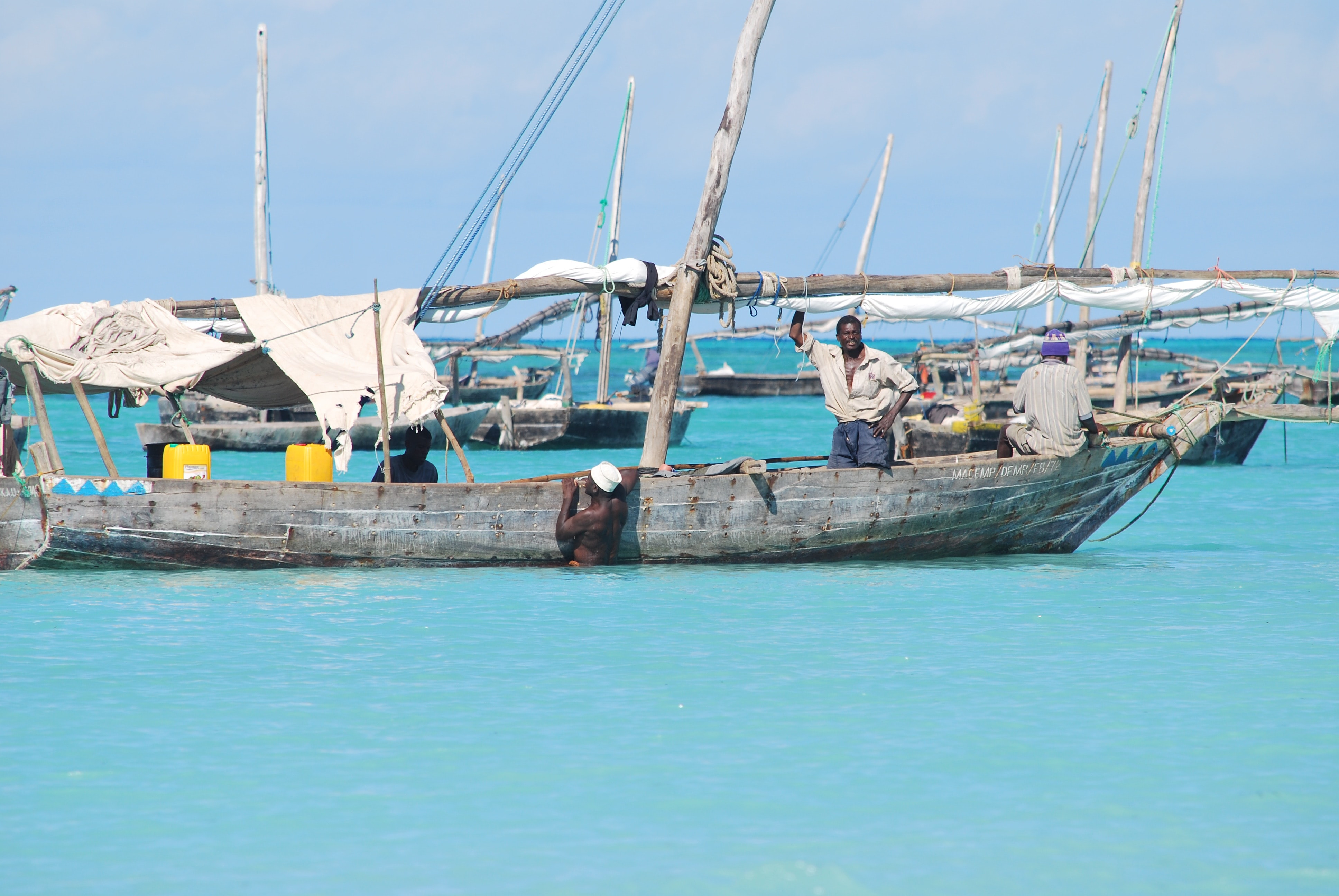About
Wealthy nations have exploited natural resources from the Global South for centuries, and vestiges of colonialism persist in modern-day international agreements pertaining to these resources. In the context of fisheries, it is common for smaller, developing countries to lease fishing rights in their territorial waters to larger, wealthy fishing nations. This can have significant marine conservation and economic consequences: the activities of foreign fleets can exacerbate problems like overfishing in domestic waters, and foreign vessels may capture the vast majority of surplus in these agreements. For example, in 2016 Senegal allowed 36 European Union (EU) purse seine and pole-and-line vessels to catch 14,000 tons of tuna inside Senegal’s waters. Senegal received an access fee of $144 per ton caught, compared to the ex-vessel price of $2,500 that EU vessels earned. EU vessels earned 17 times more per ton than Senegal received.
What accounts for this enormous price wedge? Our preliminary assessments point to one crucial aspect of these agreements: market power. When a handful of powerful fishing countries have 10, 20, or even 50 countries from which to lease rights, buyers have more market power than sellers. But this discrepancy in market power in favor of buyers need not occur. For example, the nine Pacific Island nations comprising the Parties to the Nauru Agreement (PNA) sell access to their collective waters jointly, and in 2016 received $377 per ton-equivalent of tuna caught. PNA countries sell a nearly identical product as Senegal (the right to fish for tuna), yet their access fee relative to the ex-vessel price was more than three times larger than Senegal’s that same year. We believe that market power is responsible for the low price received by African countries, and that low market power is also partially responsible for worse marine conservation outcomes in African countries.
